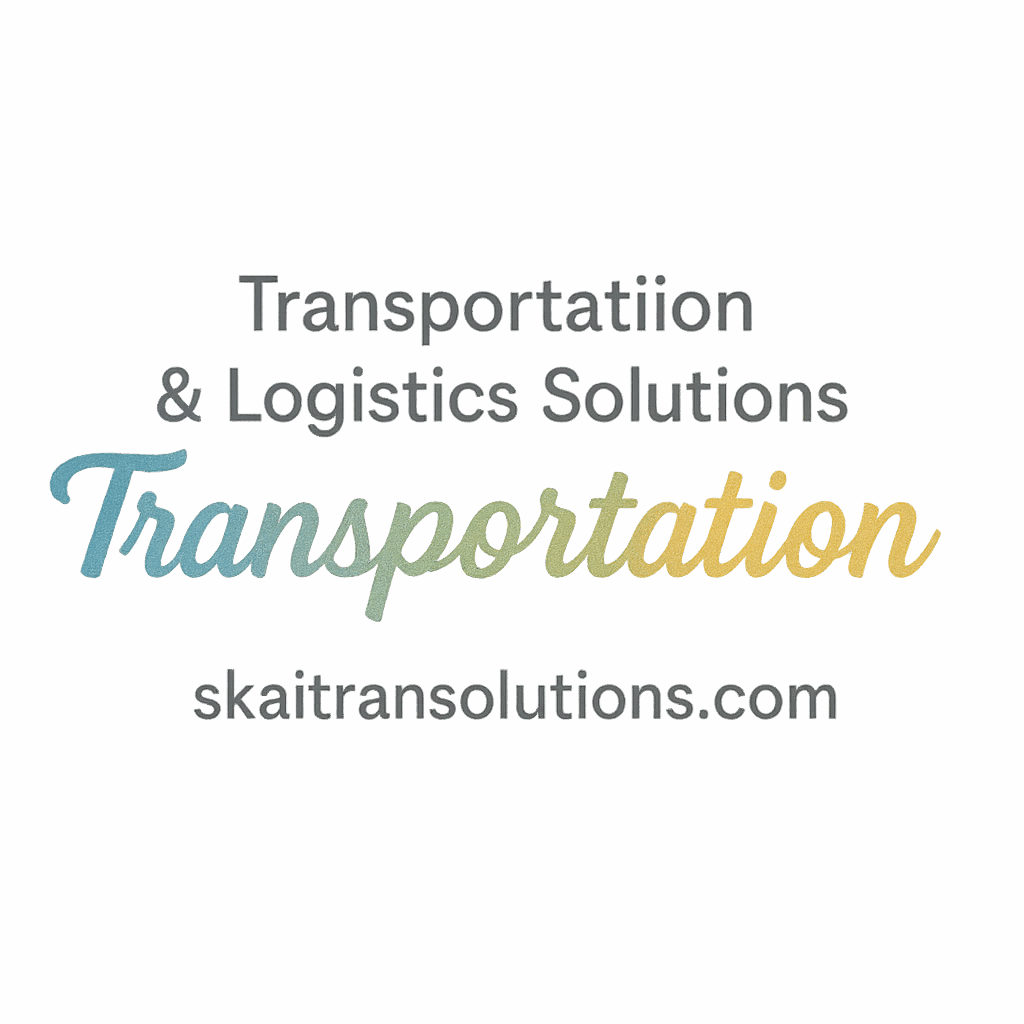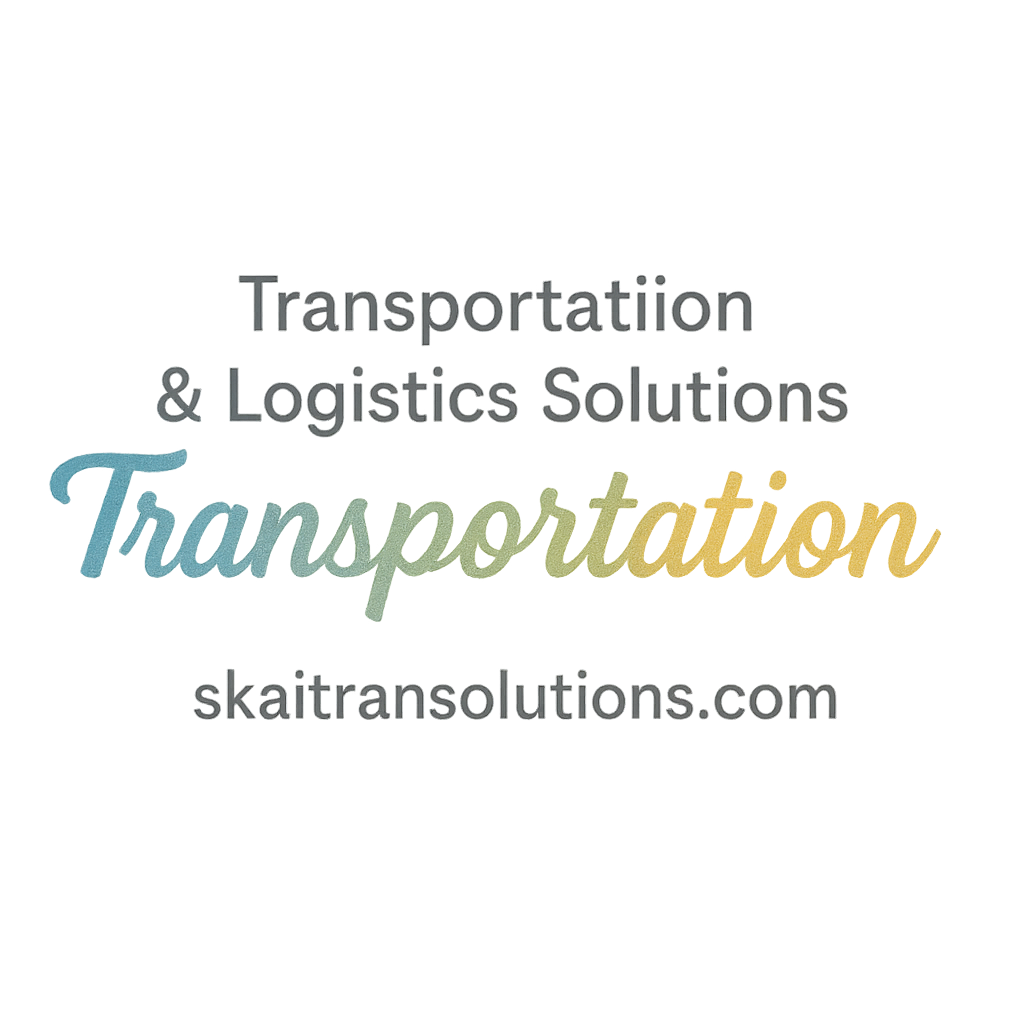Introduction to Blockchain in Transportation
If you’ve been wondering how blockchain technology is shaking things up beyond Bitcoin and cryptocurrency, the transportation sector has some exciting answers for you. From logistics to supply chain tracking and even autonomous vehicle coordination, blockchain is paving the way (literally and digitally) for a smarter, safer, and more efficient transport ecosystem.
Let’s dive into the six game-changing applications of blockchain in transportation that are already reshaping the industry landscape.
Why Blockchain Matters in the Transportation Industry
Tackling Trust and Transparency Issues
You’ve probably heard the horror stories — lost cargo, misreported delivery times, shady middlemen, and endless paperwork. Blockchain offers a way out by creating a shared, tamper-proof digital ledger that all parties can trust.
Enhancing Operational Efficiency
By eliminating redundant steps and automating transactions via smart contracts, companies can slash costs and speed up processes. That’s music to the ears of logistics managers tired of spreadsheets and email chains.
🚚 For more industry trends, explore Transportation Industry Insights
1. Supply Chain Transparency
Real-Time Tracking and Verification
One of blockchain’s most practical transportation applications is real-time supply chain visibility. With every transaction recorded immutably, stakeholders can trace a shipment from origin to delivery — no gaps, no guesswork.
How It Works in Practice
Each item gets a digital identity (think of it like a digital passport), which is updated every time it moves or changes hands. Whether it’s pharmaceuticals, food, or electronics, you know exactly where it is and what condition it’s in.
Benefits for Shippers and Carriers
- Zero room for tampering or misreporting
- Better inventory planning
- Faster dispute resolution
Looking to level up your supply chain? Visit our page on Logistics & Supply Chain Solutions and tag supply-chain
2. Freight and Logistics Optimization
Reducing Paperwork and Errors
Let’s face it—traditional freight handling involves tons of paperwork and manual coordination. Blockchain’s smart contracts can replace outdated methods with self-executing agreements that auto-trigger upon delivery, approval, or time limits.
Automated Smart Contracts for Freight Handling
Imagine a world where bills of lading, proof of delivery, and invoicing happen instantly, triggered by GPS updates and smart sensors. No more waiting for someone to hit “Send.”
Real-World Example: Streamlined Freight Booking
Blockchain enables peer-to-peer booking platforms that reduce reliance on brokers. The result? Lower costs and quicker load assignments.
Explore more about best practices in this space at Operational Best Practices
3. Vehicle Maintenance and Safety Tracking
Creating an Immutable Vehicle History
Your truck’s maintenance log shouldn’t be stuck in a dusty folder. With blockchain, you can track service history, part replacements, inspections, and even driving behavior in a single, incorruptible ledger.
Preventing Fraud and Boosting Safety
This comes in super handy for buyers and fleet operators. It’s impossible to fudge odometer readings or skip critical inspections when everything’s verified on-chain.
Blockchain Meets Safety Inspections
Inspections and certifications become permanently recorded, which supports compliance with safety-inspections and improves audit preparedness.
Discover how it links to Customer Experience & Safety

4. Regulatory Compliance and Auditing
A Permanent Ledger for Audits
Blockchain acts like an automated compliance assistant. Every interaction — from border checks to load weights — is logged. This makes regulatory audits faster, simpler, and far more accurate.
Reducing Regulatory Burden
Fleets save time (and money) on internal reporting. It also helps maintain compliance across multiple jurisdictions without additional software.
Need more on policy impact? See Transportation Technology Innovation
5. Insurance and Claims Processing
Faster Settlements Through Smart Contracts
Claim processing usually feels like pulling teeth. Blockchain can smooth that process by validating data through smart contracts. If certain pre-defined conditions are met (like sensor data proving a crash), claims are automatically processed.
Fraud Prevention and Verification
Insurance fraud is a costly headache. Blockchain allows real-time verification of accident data, driver behavior, and damage documentation — all logged securely and immutably.
Want to learn more? Don’t miss our tag on insurance
6. Autonomous Vehicle Coordination
Secure Data Exchange Between Vehicles
Autonomous vehicles need to communicate constantly — with each other, with infrastructure, and with fleet operators. Blockchain provides a secure, decentralized channel for that data.
Blockchain as the Backbone for Autonomy
Using blockchain, AVs can negotiate things like right-of-way, fuel payments, and toll charges on the fly — all without human intervention.
Explore our latest thinking on autonomous and vehicles
Future of Blockchain in Transportation
What’s Next for Blockchain Adoption
We’re just scratching the surface. Expect to see more blockchain-powered solutions that combine AI, IoT, and machine learning to offer predictive logistics and smart routing.
Stay tuned to the latest innovation updates here.
Challenges in Implementation
Let’s be real — blockchain isn’t a magic wand. High implementation costs, limited standardization, and stakeholder resistance remain big hurdles. But as more use cases prove ROI, adoption is bound to accelerate.
Conclusion
Blockchain is no longer a buzzword. It’s becoming a foundational tool for solving some of transportation’s most pressing problems — from fraud and inefficiency to poor visibility and safety lapses. By improving transparency, automating workflows, and enabling secure data exchange, blockchain is poised to revolutionize how we move goods and people around the globe.
For a deeper dive into strategic transformation, head over to SKAI TranSolutions and explore our content on strategy, transportation, and performance.
FAQs
1. What is blockchain in transportation?
Blockchain in transportation refers to using distributed ledger technology to enhance transparency, efficiency, and automation in logistics, freight, compliance, and vehicle systems.
2. How does blockchain improve logistics?
It automates paperwork, secures data sharing, tracks goods in real time, and reduces fraud through immutable records.
3. Can blockchain reduce transportation costs?
Absolutely. It eliminates intermediaries, prevents errors, and streamlines contract management — all contributing to cost-reduction.
4. Is blockchain safe for autonomous vehicles?
Yes, blockchain ensures secure communication and verified transactions between vehicles and infrastructure, making it perfect for autonomous systems.
5. What companies are using blockchain in transportation?
Global logistics giants like Maersk, UPS, and FedEx have started integrating blockchain into supply chains and freight handling.
6. Is blockchain compliant with transportation regulations?
Yes, blockchain can help with compliance by maintaining accurate, permanent records for audits and regulatory checks.
7. What are some challenges to adopting blockchain?
The biggest challenges include high implementation costs, integration with legacy systems, and resistance to change.


